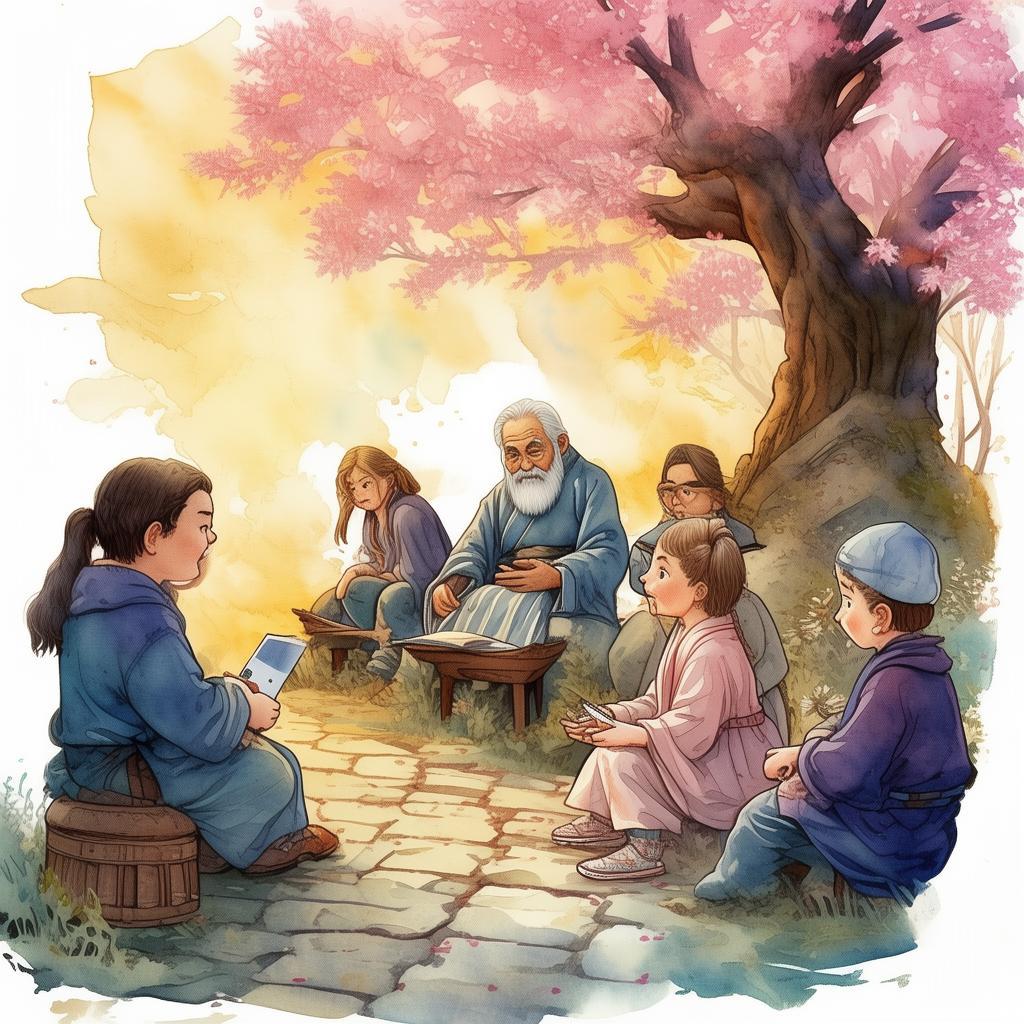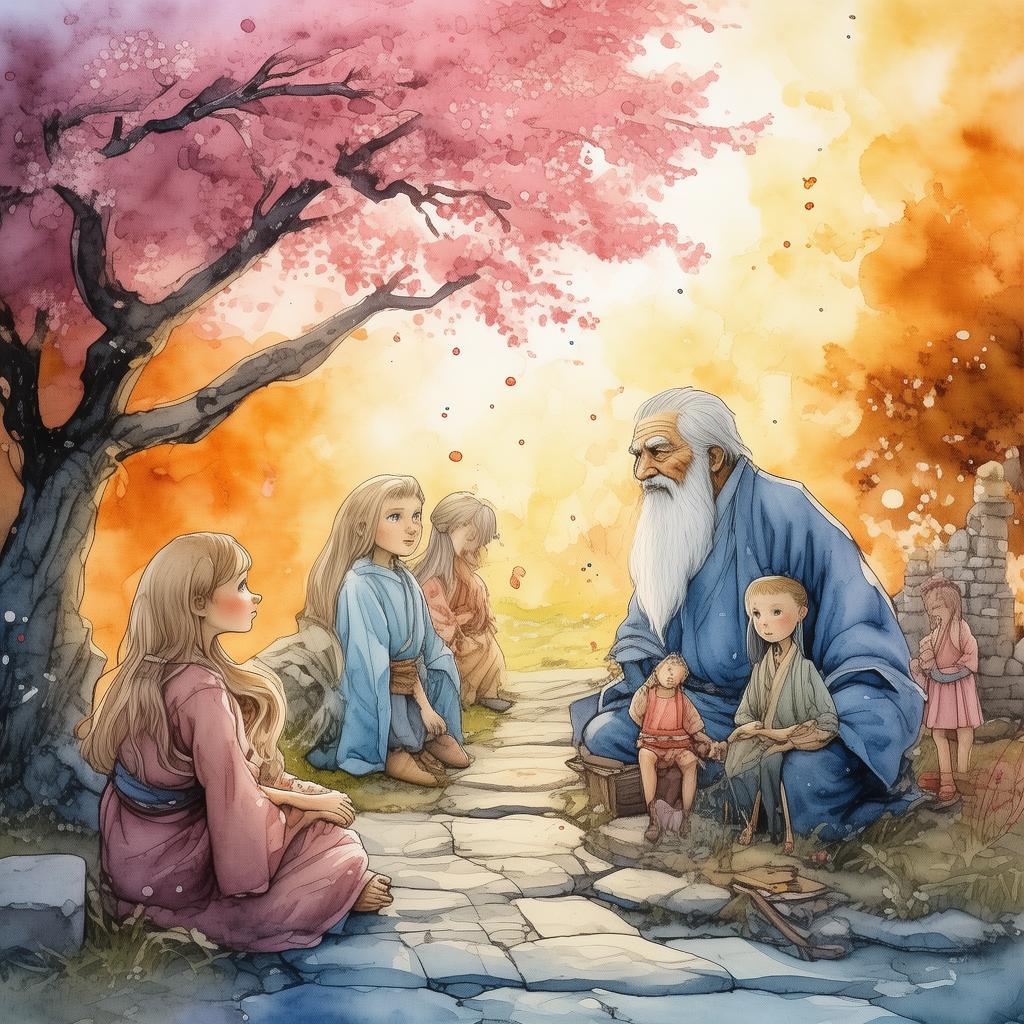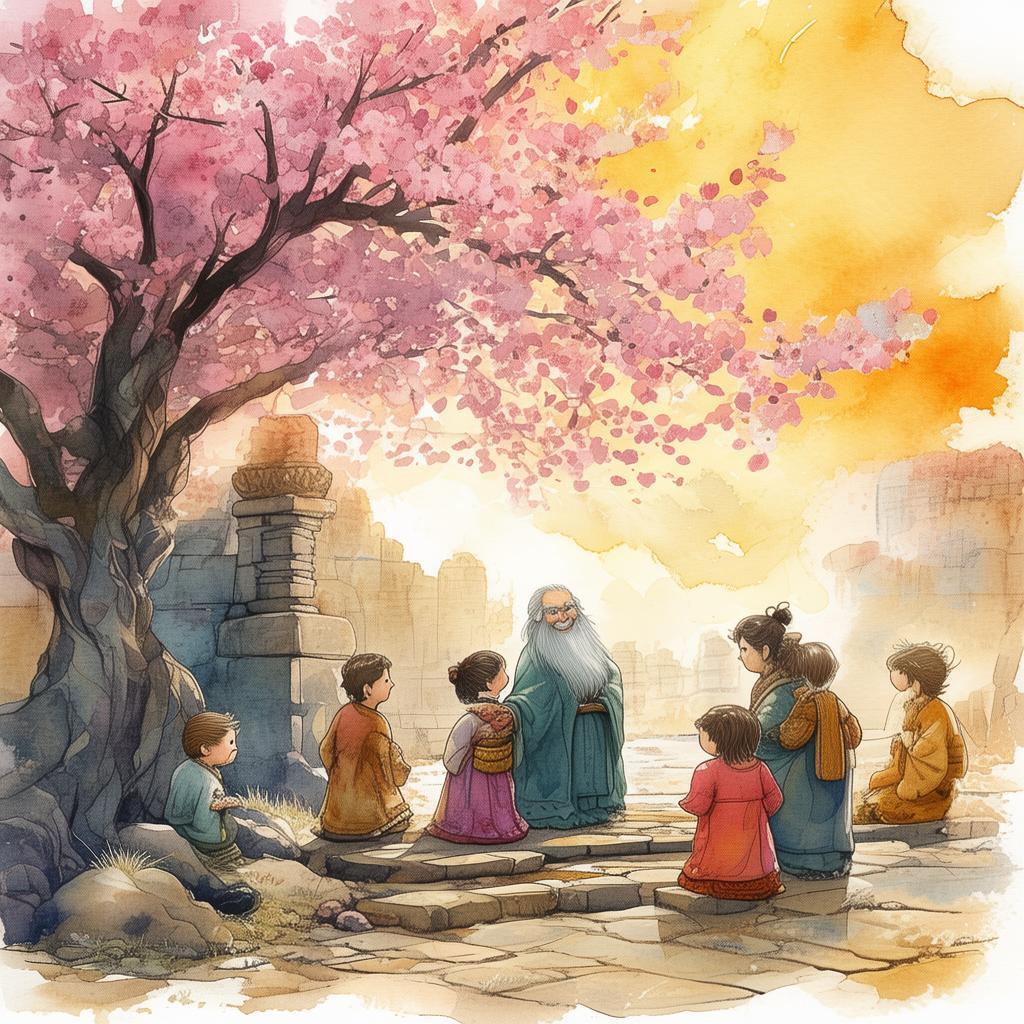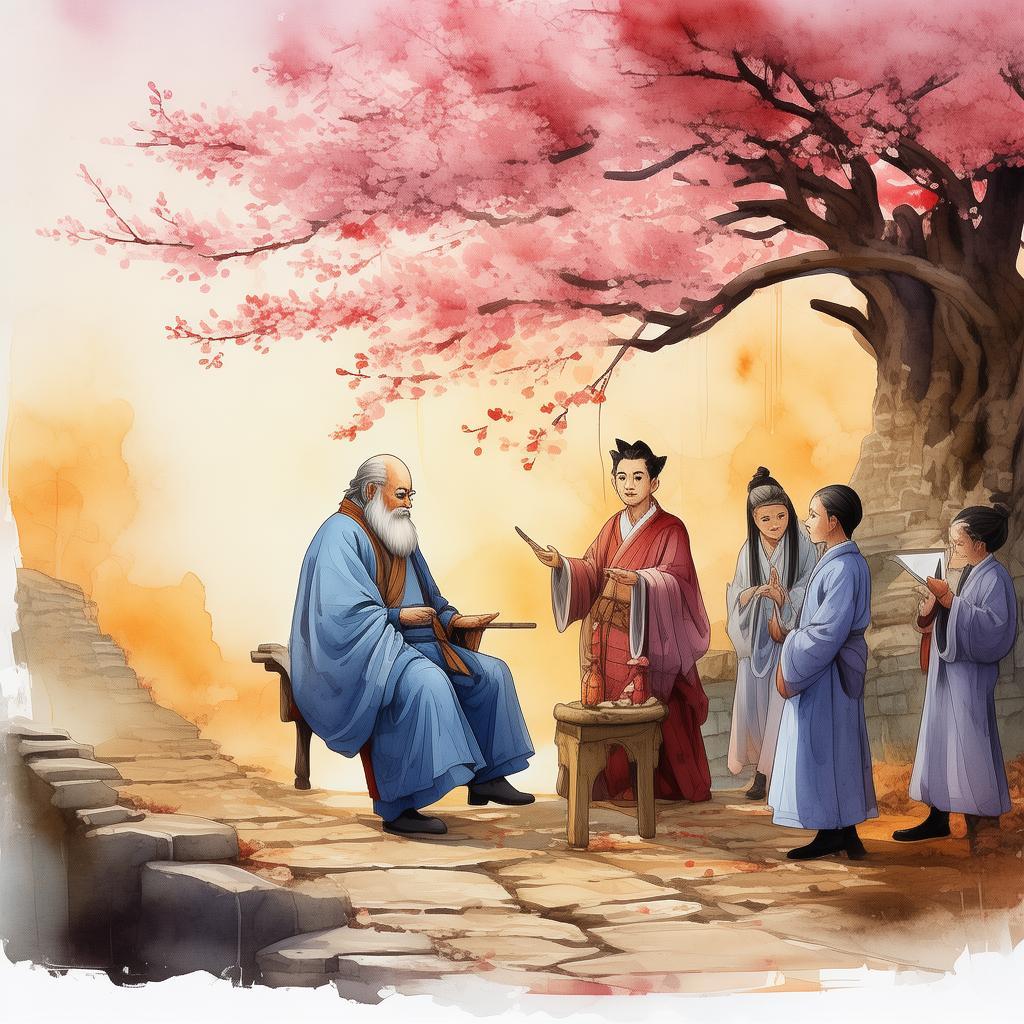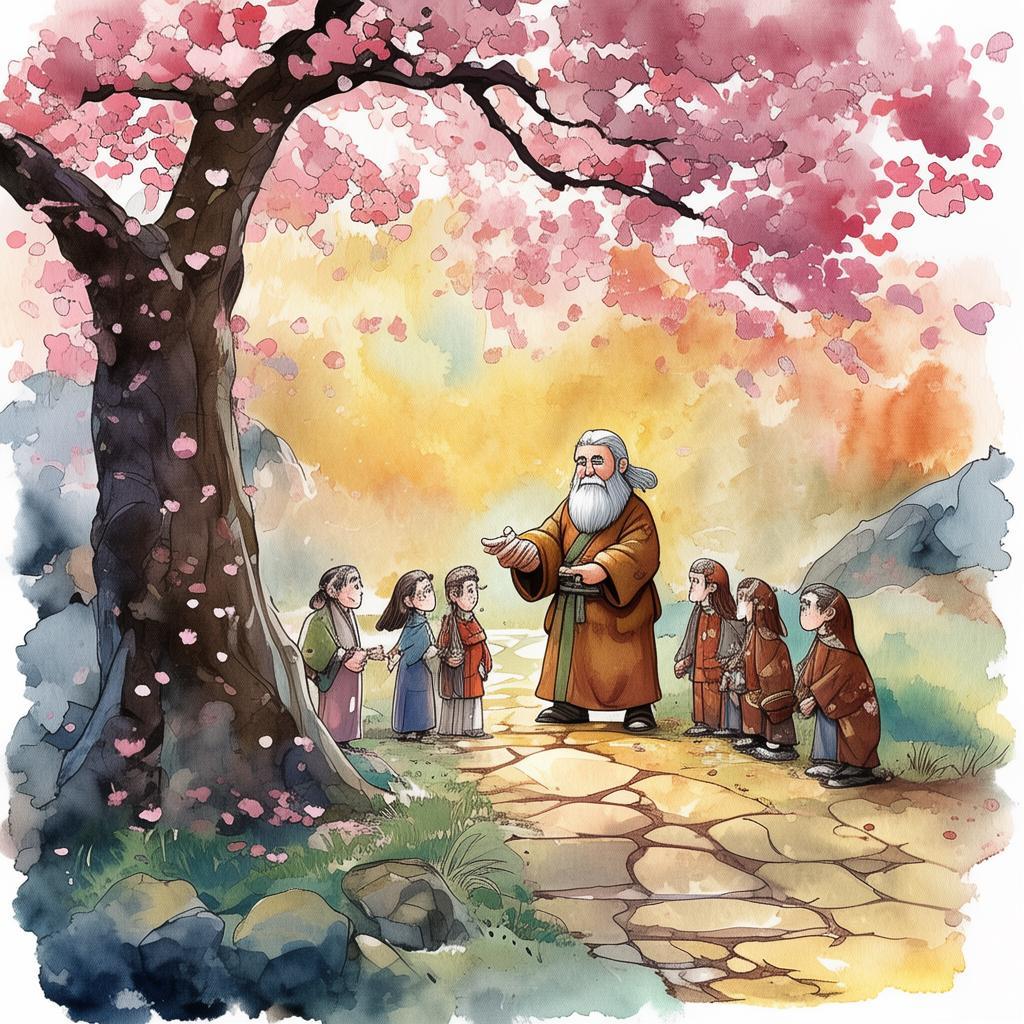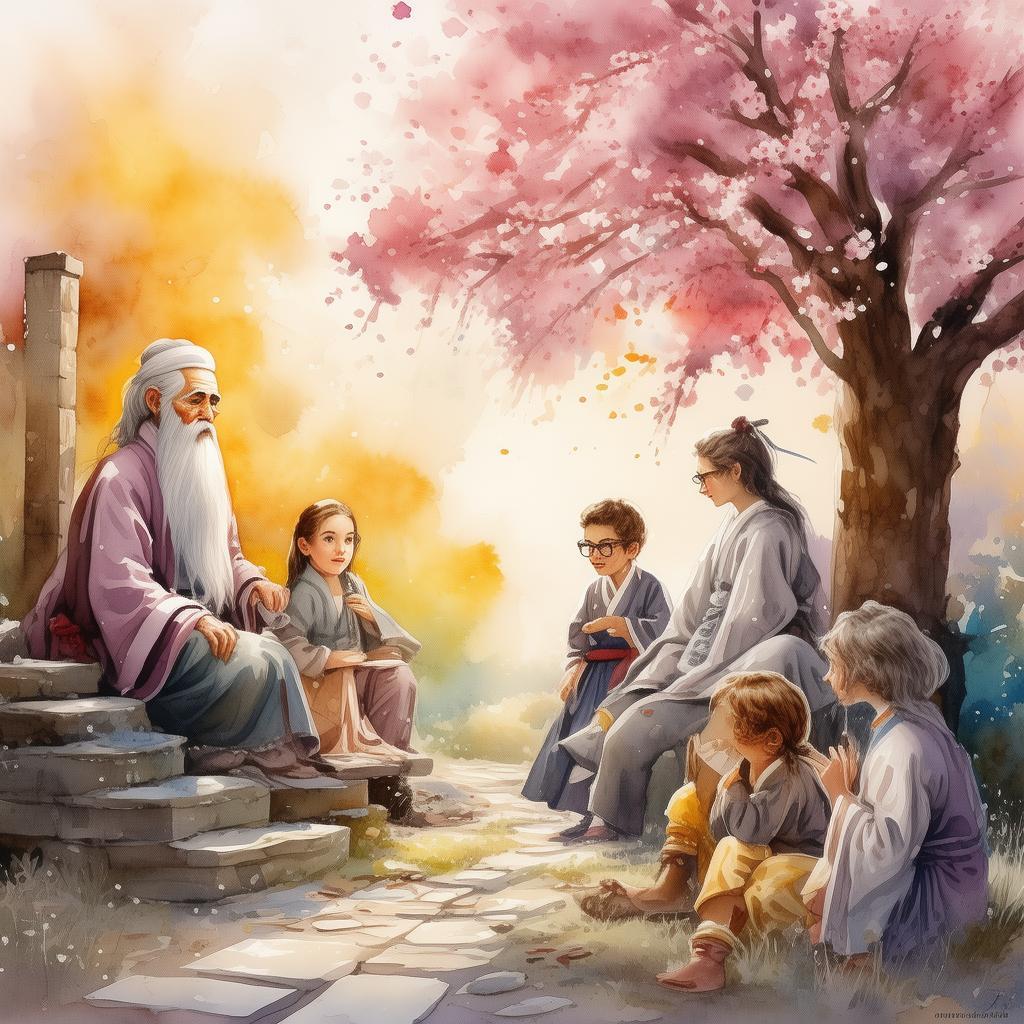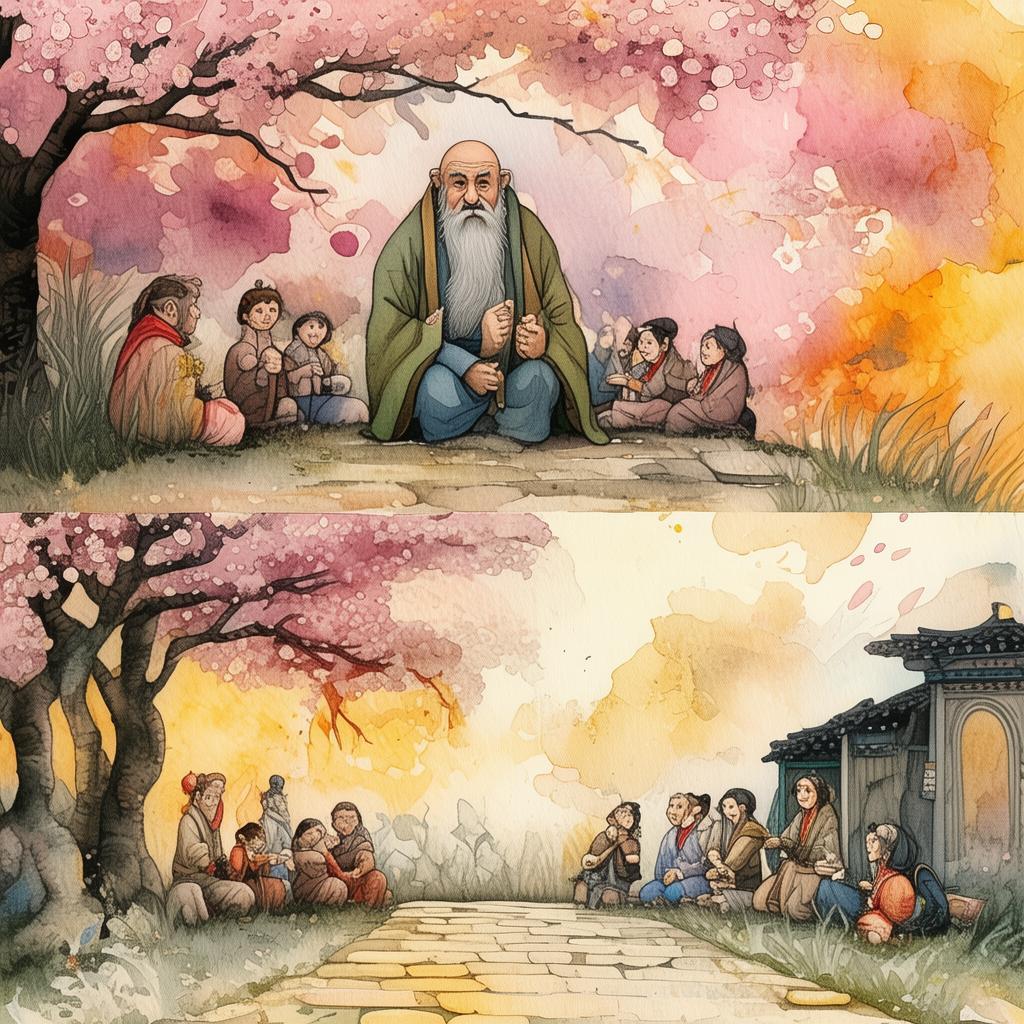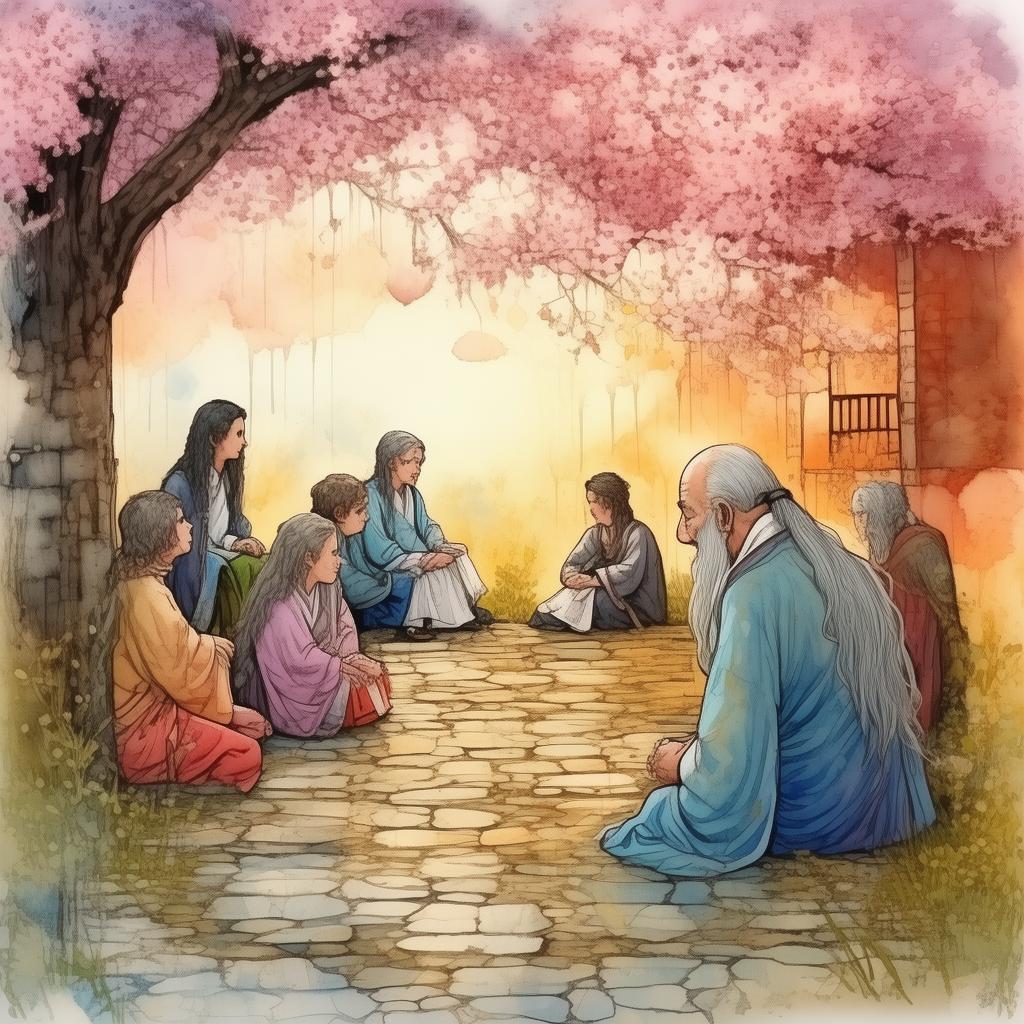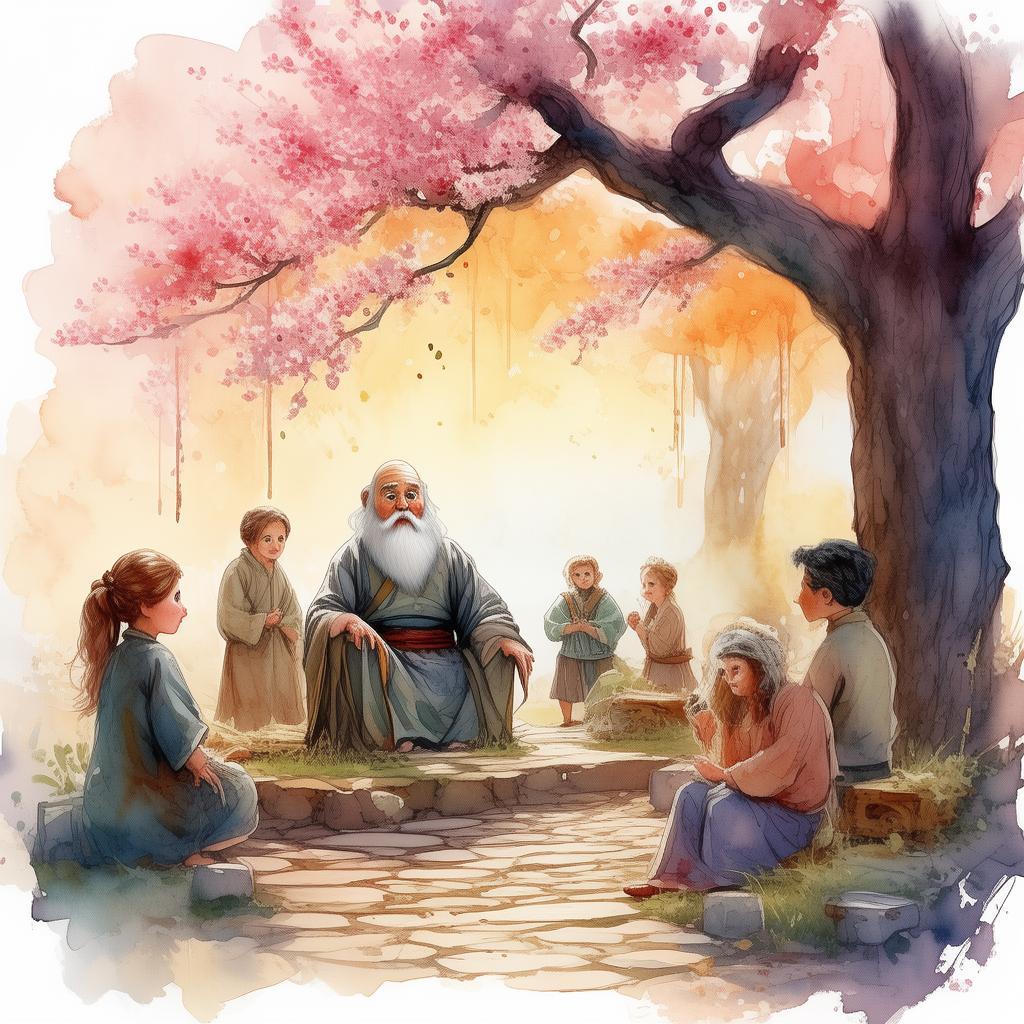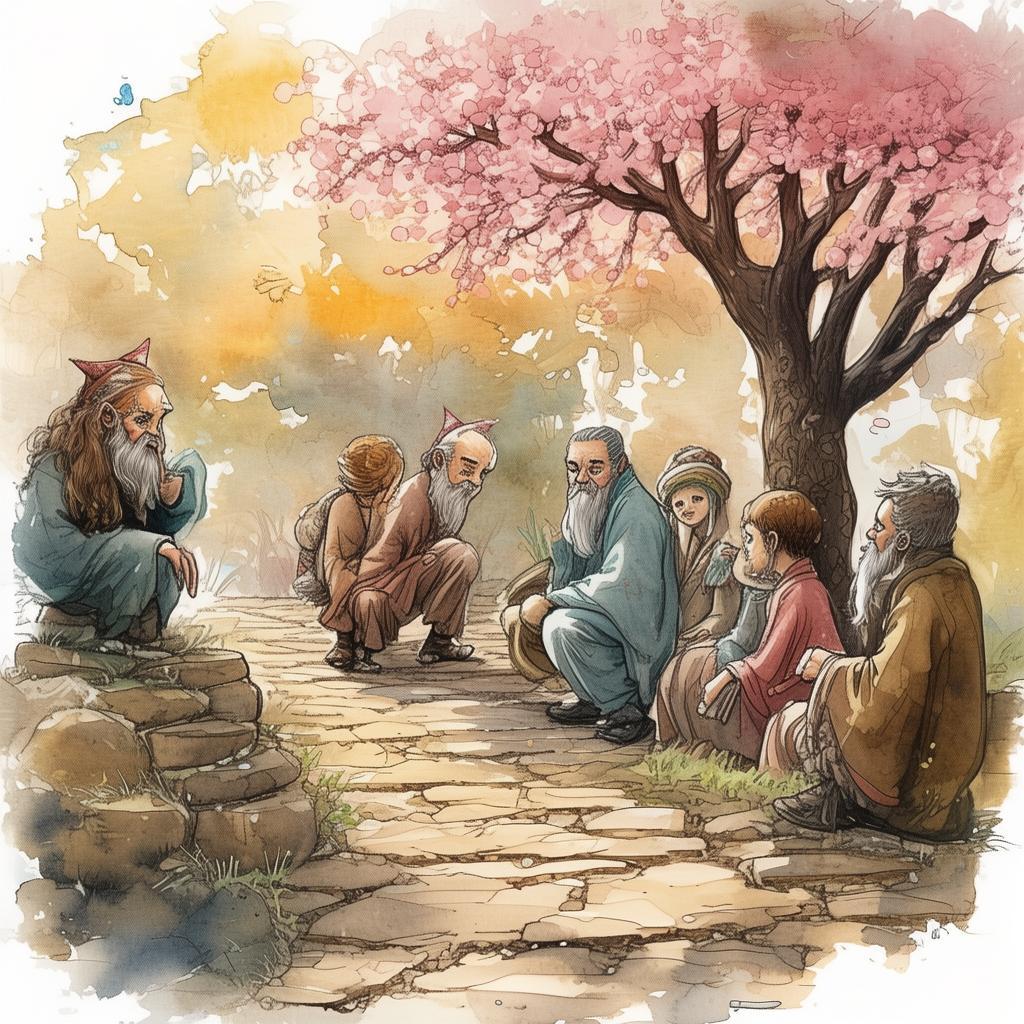The Last Garden of Ashes
The sky was a gray canvas, streaked with the faintest hints of ash, a testament to the world's desolation. The Post-Apocalyptic Poet's Penitent Prose had led him to the edge of the wasteland, to a place where the remnants of civilization lay in ruins. The last garden of ashes was a place of haunting beauty, a stark contrast to the barren land that surrounded it.
In the heart of this desolate landscape, an old, rusted sign stood, its letters long since eroded by time and the relentless march of the wind. The words "Eden's End" were barely discernible, but they spoke of a time when life was abundant and the world was not yet a wasteland.
The Poet approached the garden with a heavy heart, his steps echoing through the silence. He had heard tales of the garden's last inhabitants, a group of survivors who had tried to maintain a small, flourishing oasis amidst the desolation. It was said that they had been betrayed by one of their own, leading to their downfall and the loss of their last hope.
As he entered the garden, the Poet was struck by the stark beauty of the place. The trees, though withered, still held a certain grace, and the flowers, though few, were vibrant with a life that defied the surrounding death. In the center of the garden stood a small, weathered house, its windows broken and its door ajar.
The Poet approached the house cautiously, his senses heightened by the eerie silence. Inside, he found a single chair, its wooden frame splintered but still standing. Beside the chair lay an open book, its pages filled with scribbles and the remnants of a story.
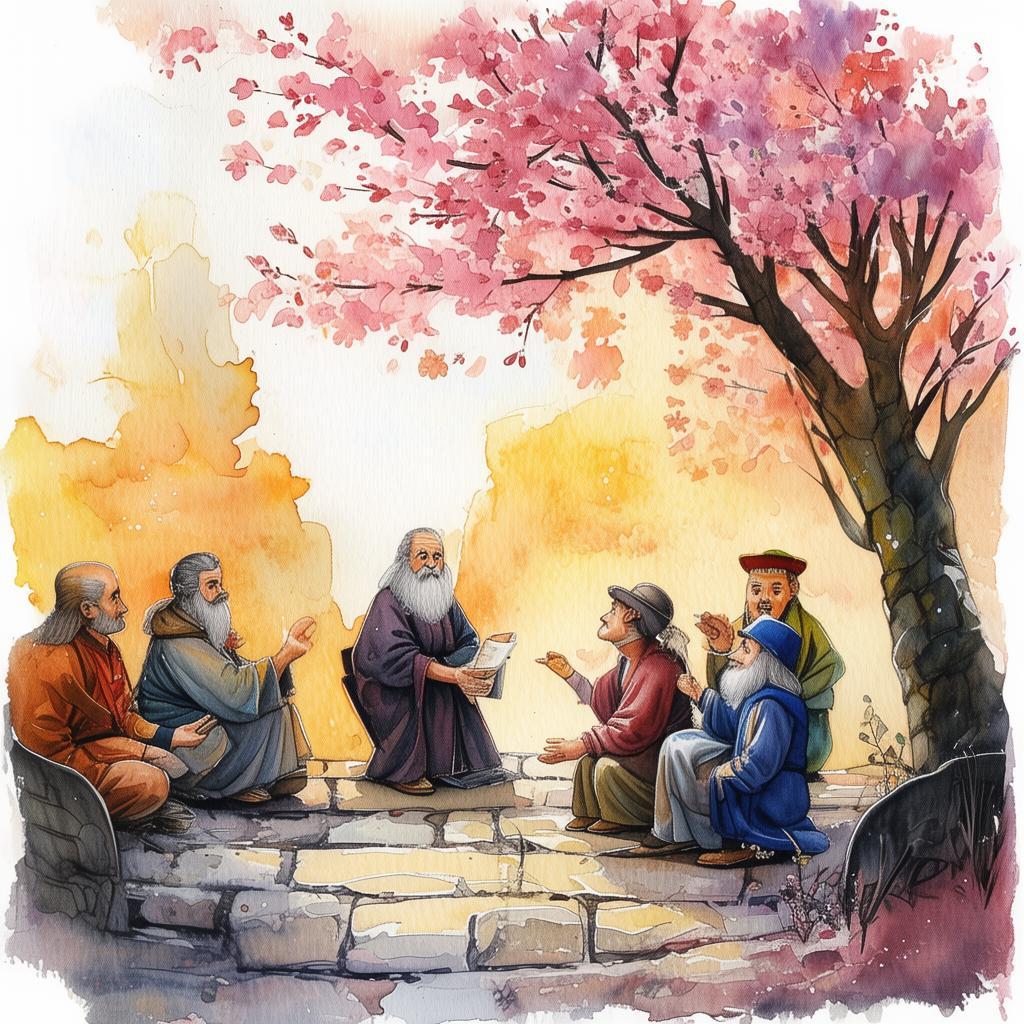
He picked up the book and began to read, his eyes scanning the words as if they held the key to a long-lost secret. The story was of a man named Lao, a survivor who had once been a member of the group that called this garden home. Lao had been the one who had betrayed them, but not out of malice, the story revealed. His actions had been driven by a desperate need to save his wife and child, who had fallen ill with a mysterious disease.
Lao had left the garden in search of medicine, promising to return. But as time passed, he grew more and more obsessed with finding a cure, to the point where he had forgotten his own humanity. When he finally returned, it was too late. The group had been destroyed, and his wife and child had perished.
Tears welled up in the Poet's eyes as he read the final passage of the story. It was a letter Lao had written to his wife, expressing his deepest remorse and love. "I am sorry," the letter read. "I am so sorry. But I love you, and I love our child. I had to try."
The Poet sat in the chair, the weight of Lao's story pressing down on him. He realized that Lao's tale was not just one of betrayal and loss, but one of love and sacrifice. In the face of such despair, Lao had chosen to protect the ones he loved, even at the cost of everything else.
As the Poet left the garden, he carried with him the weight of Lao's story, a reminder that in the darkest of times, there is still hope to be found. The garden of ashes, once a place of despair, had now become a symbol of redemption and the enduring power of love.
The Poet returned to his own desolate world, his heart heavy but hopeful. He knew that the garden of ashes was not just a place, but a story, a testament to the resilience of the human spirit. And in the face of such resilience, he found the strength to continue his own journey, to seek out others who had been lost and forgotten, to tell their stories and to hope for a better tomorrow.
In the ruins of a world that had been torn apart, the Poet had found a new purpose, one that transcended the pain and sorrow of the past. He had become a guardian of stories, a keeper of hope, and in doing so, he had found his own redemption.
✨ Original Statement ✨
All articles published on this website (including but not limited to text, images, videos, and other content) are original or authorized for reposting and are protected by relevant laws. Without the explicit written permission of this website, no individual or organization may copy, modify, repost, or use the content for commercial purposes.
If you need to quote or cooperate, please contact this site for authorization. We reserve the right to pursue legal responsibility for any unauthorized use.
Hereby declared.
